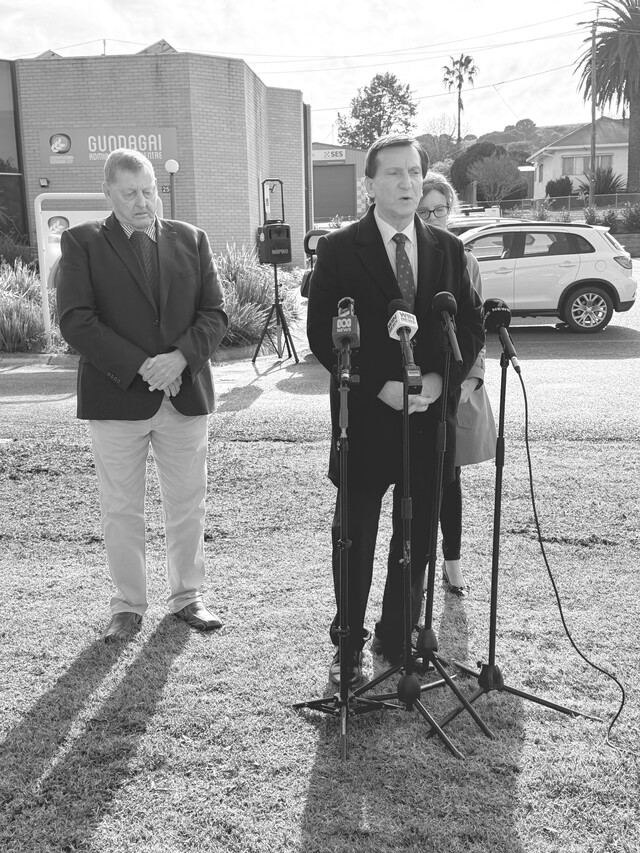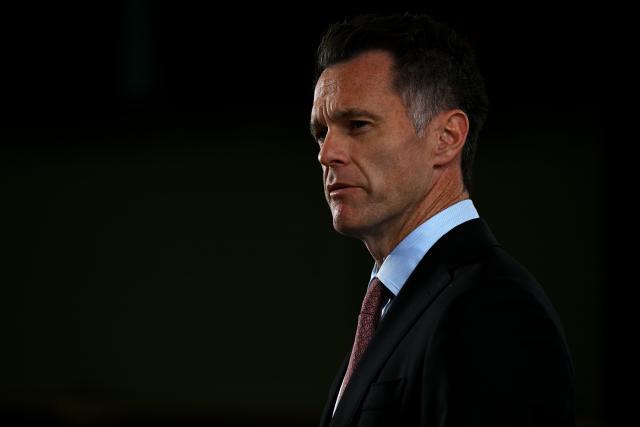In each edition we feature the views of a Local Government Association President. The following is from Mayor Joy Baluch, President of the Local Government Association of South Australia (LGASA).
Does South Australia need an Independent Commission Against Corruption (ICAC)? The Rann State Government has issued a resounding ‘no’ on this topic but there are others in the South Australian community who think the issue deserves further consideration.
Last year the LGASA began to look at two possibilities:
- the establishment of a
crime/corruption/conduct
commission in SA - the establishment of an ‘Independent Governance
Council’, to receive any
allegations of inappropriate
behaviour and governance
practices for preliminary
assessment and recommended
action or referral.
New South Wales has an ICAC but this didn’t prevent the recent debacle in Wollongong.
Queensland has long had an independent corruption body – stemming from an endemic rot in former State Governments – but that didn’t prevent the former Criminal Justice Commission almost imploding amid calls of corruption in the very ranks of those who were meant to be stamping out corruption.
Who watches the watchdogs?
SA has several watchdogs, but do we need one of the nature of Qld and NSW? These are vexed and complex questions that need to be considered in any debate on whether SA should have an ICAC.
The LGASA does not at this stage have an opinion. We are canvassing the matter and in consultation with our members we will determine whether the current system is sufficient or whether the ICAC model should apply in SA.
An anti corruption body would necessarily apply across the public sector – however I wish to confine my attentions in this article to the possible implications for Local Government.
The potential for allegations of corruption in Local Government clearly exists yet, in recent years there have been few formal complaints against Local Government in SA.
The Anti Corruption Branch of South Australian Police (SAPOL) receives fewer than a dozen complaints against Councillors and staff each year. In the past three years not one complaint has resulted in a conviction.
Currently in SA, elected members are required to operate under codes of conduct. They are required to regularly update registers of interest, and Councils are required to appoint external auditors, who are obliged to report legislative breaches and/or financial irregularity to the Minister.
The SA Ombudsman can investigate any complaint about the administrative actions of Local Government and can initiate investigations without specific complaints.
The Minister for State/Local Government has the legislated power to appoint investigators to examine an alleged legislative breach. The Minister can suspend a Council and call for fresh elections or refer concerns to the Anti Corruption Branch.
Matters of conflict of interest involving an elected member can be referred to the civil jurisdiction of the District Court for determination. We have the SA Police Anti Corruption Branch, which has investigatory powers across the entire public sector.
Some might say that these measures are enough to ensure that SA Local Government stays on the straight and narrow. Openness and transparency are essential components of any public body. We need to identify and agree on whether deficiencies exist and engage in debate on the steps needed to address these issues.
Local Government in SA will decide on our position. We will do this through consultation and engagement. We will determine the best way forward for this important sphere of government and for our communities.







